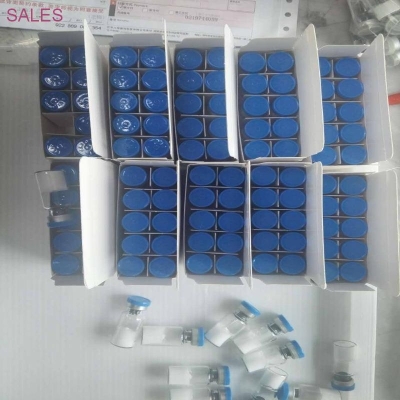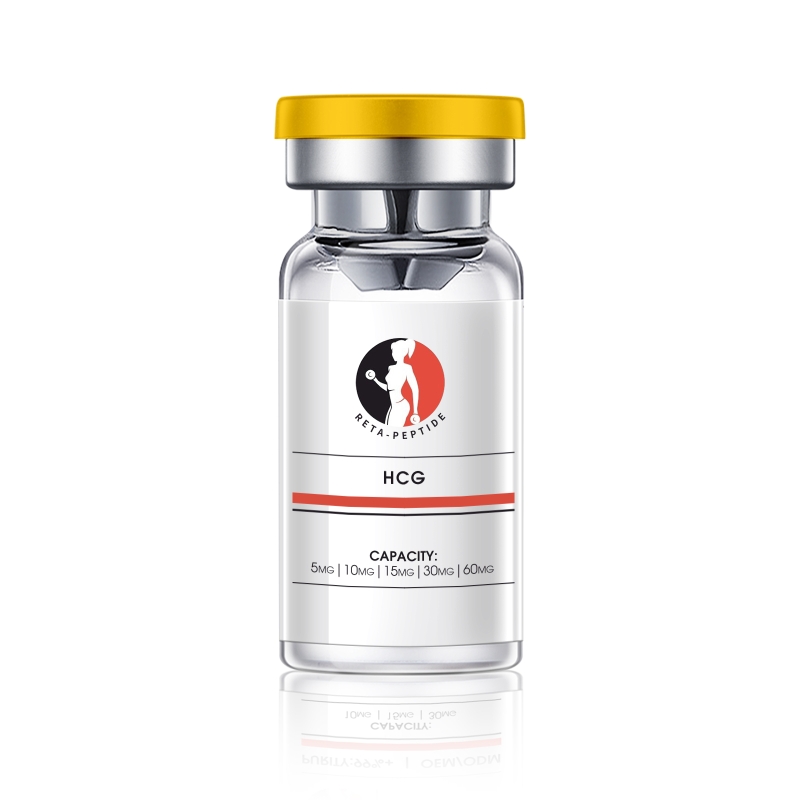-
Categories
-
Pharmaceutical Intermediates
-
Active Pharmaceutical Ingredients
-
Food Additives
- Industrial Coatings
- Agrochemicals
- Dyes and Pigments
- Surfactant
- Flavors and Fragrances
- Chemical Reagents
- Catalyst and Auxiliary
- Natural Products
- Inorganic Chemistry
-
Organic Chemistry
-
Biochemical Engineering
- Analytical Chemistry
-
Cosmetic Ingredient
- Water Treatment Chemical
-
Pharmaceutical Intermediates
Promotion
ECHEMI Mall
Wholesale
Weekly Price
Exhibition
News
-
Trade Service
Nivolumab, also known as Opdivo, is a monoclonal antibody drug used in the treatment of various types of cancer.
It is manufactured by Bristol-Myers Squibb and was first approved by the United States Food and Drug Administration (FDA) in 2014 for the treatment of melanoma.
Since then, it has been approved for the treatment of several other types of cancer, including non-small cell lung cancer, renal cell carcinoma, and head and neck cancer.
Nivolumab works by targeting a protein called PD-1 (programmed cell death protein 1), which is expressed on the surface of T cells, a type of white blood cell that plays a critical role in the immune system.
By blocking the PD-1 protein, nivolumab helps to enhance the ability of T cells to recognize and attack cancer cells.
One of the key advantages of nivolumab is its safety profile.
Unlike many chemotherapy drugs, which can have significant side effects, nivolumab is generally well-tolerated by patients.
The most common side effects of nivolumab are mild to moderate and include fatigue, rash, and diarrhea.
These side effects typically go away on their own without any specific treatment.
Nivolumab has also been shown to have a favorable safety profile in clinical trials.
In studies of patients with melanoma, for example, nivolumab was found to be generally safe and well-tolerated, with a low rate of serious adverse events.
Similarly, in studies of patients with non-small cell lung cancer, nivolumab was found to be safe and effective, with the most common side effects being mild in nature.
One of the key safety considerations with nivolumab is its potential to cause immune-related adverse events.
As nivolumab works by enhancing the ability of the immune system to attack cancer cells, it can also cause the immune system to attack normal cells and tissues.
This can lead to side effects such as rash, diarrhea, and fatigue.
However, these side effects are generally mild and can be managed with supportive care.
Another concern with nivolumab is its potential for drug interactions.
As with many cancer drugs, nivolumab can interact with other medications, including immunosuppressive drugs, chemotherapy drugs, and steroids.
It is important for patients to inform their healthcare provider of all medications they are taking before beginning treatment with nivolumab.
In conclusion, nivolumab is a promising cancer treatment option with a favorable safety profile.
Its ability to enhance the immune system's ability to attack cancer cells makes it a valuable tool in the fight against cancer.
While it is important to be aware of potential side effects and drug interactions, nivolumab is generally well-tolerated by patients and can provide significant benefits for those with advanced cancer.







